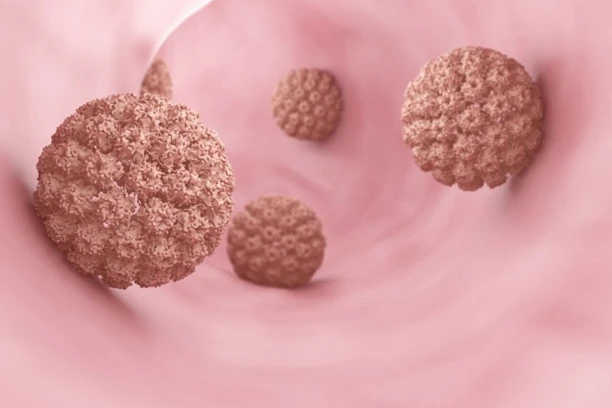HPV infection is a viral infection that usually develops growths on the skin or mucous membranes (warts). The human papillomavirus has more than 100 variants (HPV). Some HPV infections can result in warts, while others can cause other malignancies.
Most HPV infections do not result in cancer. The lower part of the uterus can develop vaginal cancer as a result of some genital HPV strains (cervix). Anus, penile, vaginal, vulvar, and throat malignancies have all been linked to HPV infection (oropharyngeal).
These infections are frequently spread through sexual contact or other skin-to-skin interactions. Vaccines against the HPV strains that are most likely to cause genital warts or cervical cancer are available. This article gives you a detailed description of what is HPV and how do you get it?
What is HPV?
The human papillomavirus is known as HPV. The most prevalent sexually transmitted infection is this one. While most HPV infections are harmless and go away on their own, some strains can result in cancer or genital warts.
The most common STD
There are more than 200 different varieties of the human papillomavirus. There are about 40 different types of infections that can affect your mouth, throat, vulva, vagina, cervix, rectum, anus, penis, and scrotum. These HPV varieties are transferred through intercourse. (Other HPV types, such as those that cause hand warts and plantar warts on the feet, do not spread through sexual contact.)
Infections with genital HPV are extremely widespread. In actuality, HPV is acquired at some point in the lives of the majority of sex users. Most HPV-positive individuals have no symptoms and are in perfect health, so they are frequently unaware that they are infected.
Most genital HPV infections are completely safe and go away by themselves. However, some types of HPV can cause genital warts or specific cancers.
- Most cases of genital warts are caused by two types of HPV (types 6 and 11). Warts are unpleasant, but because they don’t cause cancer or other serious health issues, they are regarded as low-risk HPV.
- At least 12 different HPV strains have been associated with cancer, although the bulk of cancer cases are brought on by just two of them (types 16 and 18). They are referred to as high-risk HPV. The vulva, vagina, penis, anus, mouth, and throat are among the other cancers that HPV can cause, albeit, the cancer with which it is most usually linked.
HPV cannot be cured. You may take a number of steps to protect your health from HPV, though. The vaccination against some HPV strains can stop them from ever developing. Warts on the genitalia can be removed by a nurse or doctor. The importance of routine Pap/HPV tests can be attributed to their ability to identify high-risk HPV, which is typically curable before it progresses to cancer. Condoms and dental dams can help lower your risk of HPV infection, though they don’t offer 100% protection.
How do you get HPV?
With a sexual partner who has HPV, the virus can spread very quickly. You contract it when your mouth, throat, vulva, vagina, cervix, penis, or anus touches another person’s genitalia, typically during sex. Even if no one uses the restroom and if a penis doesn’t enter the vagina, antrum, or mouth, HPV can still spread.
HPV is the most common STD, although it isn’t always a cause for alarm. Because HPV usually disappears on its own, the majority of people aren’t even aware they ever had it. Keep in mind that the majority of people who have sex contract HPV at some point in their lives. You don’t need to be ashamed or afraid.


2 Comments
Pingback: Understanding Plantar Warts | Sujata Birla Hospital
Pingback: Understanding Plantar Warts – Sujata Birla Hospital